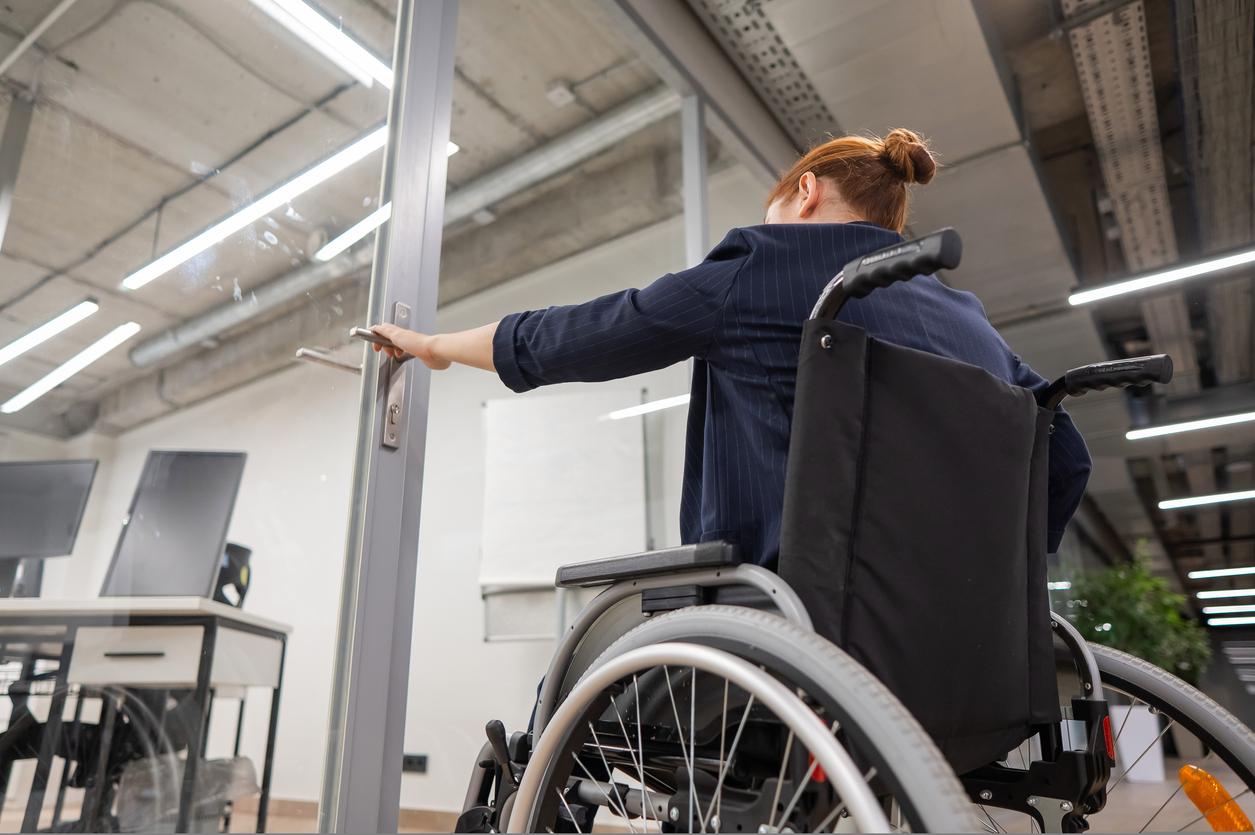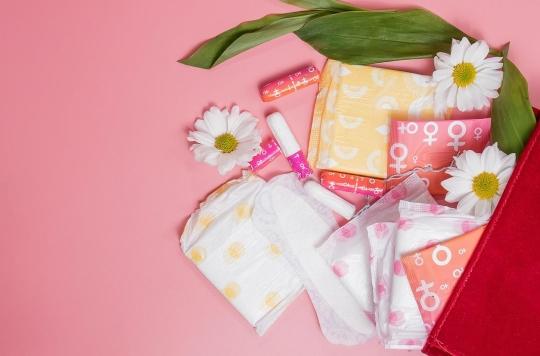Donated gametes (spermatozoa and oocytes) are still insufficient to meet the needs of the 3,000 infertile couples waiting. To increase the number of donors, the Minister of Social Affairs and Health, Marisol Touraine, has decided to expand the possibility to donate gametes to people who have not had children.
Thanks to this measure, any woman aged 18 to 37 or any man aged 18 to 45 in good health will now be able to apply for egg or sperm donation.
In addition, a donor who has not had a child will have the possibility of subsequently benefiting from some of the donated gametes, if he in turn becomes infertile and on condition of always giving preference to the donation.
The distribution between donation and self-preservation will depend on the number of mature oocytescollected:
• Up to 5 mature oocytes obtained, all oocytes are intended for donation and storage for the benefit of the donor is then not carried out;
• From 6 to 10 mature oocytes obtained, at least 5 mature oocytes are intended for donation;
• Beyond 10 mature oocytes obtained, at least half of the mature oocytes are sent for donation.
The donor will be clearly informed from the outset that conservation for her benefit will not necessarily be feasible.
A decree was published yesterday in the Official Journal to specify the conditions under which this new measure will be applied.
Each donation candidate will undergo a prior psychological interview to verify that he is not subject to any pressure and to ensure the altruistic nature of his approach. : the donation remains anonymous, free and freely granted.
Read also :
Sperm and oocytes: a campaign to recruit donors
PMA: more and more French women go abroad
Egg donation: instructions for use
















